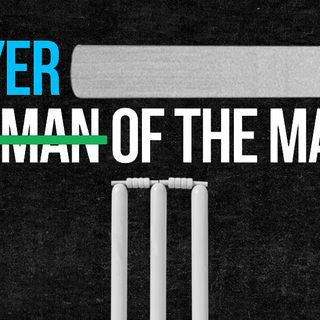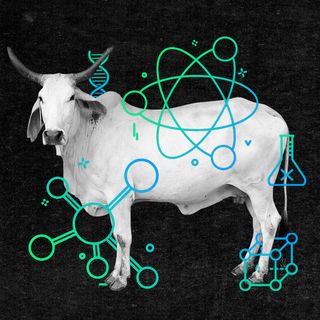In The Buzz Cut, we bring you a round-up of all the weird, controversial, and wonderful stories we’ve been reading all week.
It was April 2020 when the Ramayana show aired on Indian television to an audience living through a lockdown — more than 77 million people watched it back then. The show is being re-telecast this week, the show announced, and again finds its nostalgic viewers living with Covid19 restrictions. The show, and the lockdown seems to have come full circle. For television viewers, the 2020 lockdown feels just like yesterday.
*
In 1974, a U.S. diplomat was living in Mexico with his wife, Andra, when he was abducted by a fringe group that no one had heard of: “Apparently I have been kidnapped” – he left behind in a note. The kidnappers wanted $500,000, and wanted Andra to deliver the ransom. She joined forces with the government to save him; what followed was an investigation that turned into a hide-and-seek game as the team chased the kidnapper through states. The story is vivid and brilliant, but doesn’t have a happy ending.
*
A researcher from China played Dr. Frankenstein and made a pair of twin genetically modified babies — for noble reasons, to cure HIV-AIDS, he said. The road he took to make this discovery was filled with ethical and legal loopholes: it had broken laws, forged documents, inadequate safety testing, and misleading the babies’ parents. The researcher sits in jail, but it might have all been for nothing. The babies didn’t get gifted genes to cure them of the disease; instead, they now have a set of genes that no other known human species has, and those genes will be passed down in an unending cycle. The legacy of this experiment, experts argue, is “monstrous” and “profoundly disturbing” — and it will shape humanity.
*
A young tech reporter immersed himself in the dynamic foothold of Silicon Valley — it was a world away from India’s dust and murky politics, he argued. Technology fascinated him; a speech by Sundar Pichai stuck with him all these years, who went on about India’s glorious legacy and an even more exciting future. But what happens when the thing you love ends up shackling your country and empowering a government intent on destroying a democracy? “It’s like watching a train wreck while you’re inside the train … It’s not what I signed up for,” he writes.
*
Two decades have passed since Bridge Jones’s Diary was released, but women still find themselves relating to the thirtysomething Renée Zellweger clumsily going about life in the three movie installments. The story of an average woman stuck in a career rut echoes through time: women “simply don’t have the luxury of being an office ass, and if we do mess up we’re penalized in ways men are not.” But what’s more is it leaves them inspired; mostly, because Bridget manages to harness the power of career failure. And if it matters, even Michelle Obama gives her stamp when it comes to embracing failure. The movie, as one Hugh Grant said, is “a sort of celebration of failure, of being a bit shit.”
*
There’s a new meme subculture that is morose, ridiculously relatable, and is akin to an “online trauma diary.” Called misery memes or depression memes, this format of jokes observes no boundaries: from childhood sexual abuse, family estrangement to experiences in the sex trade, people share stories of personal trauma — but with text written on viral celebrity pictures. The contrast is funny enough to uplift moods, or poke bruises, and more often than not they create something “that makes no sense at all.” Well, a pandemic generation definitely relates to that.
*
An Indian baby elephant was passed on as a diplomatic gift to Afghanistan in 1973, a time when elephant diplomacy was a popular way to win international favor. Named ‘Hathi,’ the elephant found a home in the Kabul Zoo and became front-page news soon; zoo keepers and civilians rushed to get pictures with her. She hd soon became the most sought-after Indian in Afghanistan, a few years before the Soviets went to war the country. The conflict in Afghanistan has since endured with time, and Hathi succumbed to the violence 18 years ago when a rocket hit her home. People fondly remember the friendship they shared with Hathi, and how it sustained them through paralyzing violence.




